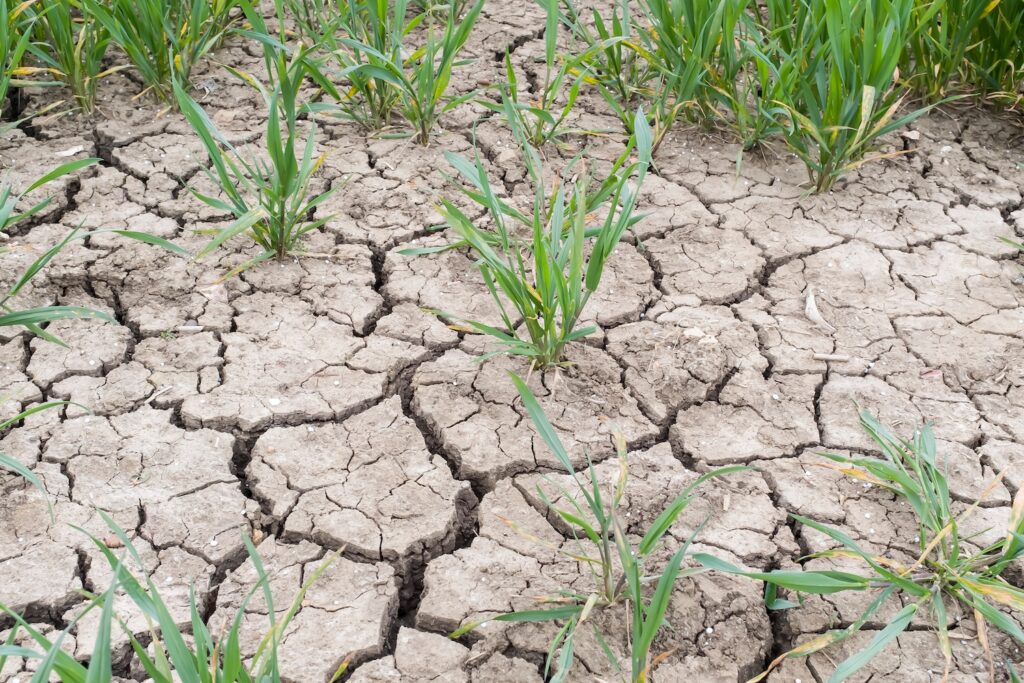Preserve water now to get ahead of future dry spells, experts warn
26th April 2023
Farmers are being urged to focus on preserving water now to get ahead of future dry spells, after contrasting weather over the past couple of months.

A meeting of the National Drought Group this week (24th April) highlighted the importance of not relying on the weather alone to keep drought at bay.
East Anglia, Devon and Cornwall are currently in drought, with South West Water adding an additional temporary hosepipe ban in the Roadford area of Devon yesterday.
This year the country experienced its driest February in 30 years, followed by the wettest March in 40 years.
The NDG is preparing for the worst-case scenario of another hot, dry spell this summer and managing water resources to reduce the risk of drought measures.
As of the start of April, total reservoir capacity across the country was at 94%, compared to 49% at the end of September, when reservoirs were at their lowest following the summer drought.
Environment Agency executive director and NDG chair John Leyland said: “Whilst water levels have improved across most of the country, a dry February followed by a particularly wet March has highlighted that we cannot rely on the weather alone to preserve our most precious resource ahead of summer.
“This is why the Environment Agency, water companies and our partners continue to take action to ensure water resources are in the best possible position both for the summer and for future droughts.”
Taking action on drought
The group – which is made up of decision makers at the EA, government and key farming groups – discussed how water companies must reduce leakage, decrease water consumption and find new ways to be resilient to drought.
It also look at actions that could be taken within the farming sector to improve drought resilience, secure water availability and support food security.
This builds on commitments in the Plan for Water such as a further £10 million through the Water Management Grant to fund on-farm reservoirs.
The Environment Agency is extending its use of technology, including eAlerts to share abstraction notices with farmers more quickly and easily. This technology is currently used by six EA operational areas and will be rolled out across the country.
Satellite data is also being used to assess the moisture content of the crops and soil, which can be compared with any irrigation restrictions in the area.
Finally, the water sector discussed how evidence and lessons from previous droughts are informing their response for the future, helping the sector to understand how water suppliers can better manage the demand for water in heatwaves and bring about clearer guidance for water users when they face restrictions, such as hosepipe bans.
Water minister Rebecca Pow said: “The recent rainfall came as a relief to many people across the country, but we should approach the improving drought situation cautiously.
“The growing pressures on our water network mean it is more important than ever that we take measures to increase our resilience to drought and ease the pressures on our water supply.
“Through our Plan for Water, we are ensuring key water supply infrastructure such as reservoirs can be built more quickly, helping increase our resilience to drought for the long-term. At the same time, we expect water companies to step up their own efforts to adapt to changing weather patterns and tackle leakage, to better deliver for customers.”
